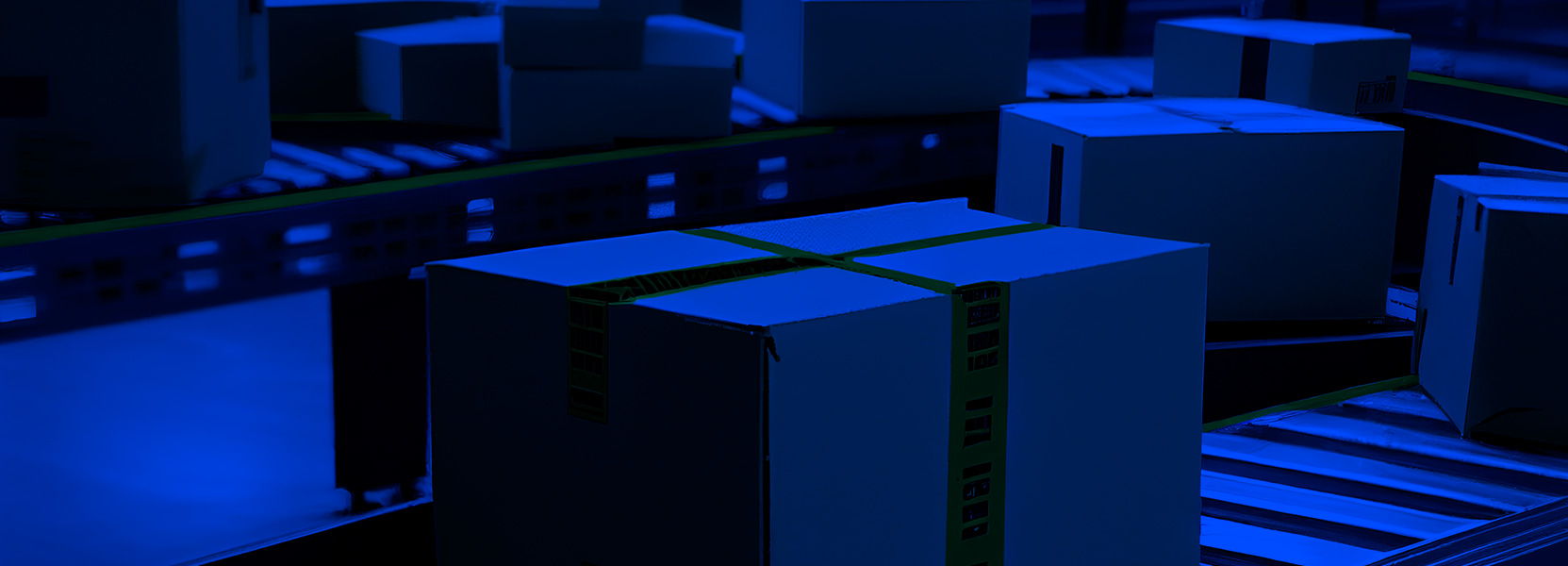Linear solenoids are the main mechanism of automated sorting systems. These electromechanical components play a key role in the automation of industrial processes, especially in sectors such as food and packaging.
How do linear solenoids work in sorting systems?
Linear solenoids work by applying an electric current to the device, which generates a linear motion. In a sorting system, this force is harnessed to activate high-speed anchor mechanisms, allowing fast and accurate movement of the different items. This technology diverts products to specific destinations, such as conveyor belts or containers.
The magnetic force guides objects along predefined trajectories, facilitating fast and efficient sorting. They are also used in locking and safety systems, ensuring the correct operation of the equipment and preventing accidents.
Uses of linear solenoids in sorting systems
- Food industry: sorting of packaged food, machine parts, and metal components.
- Packaging industry: sorting of empty, full, and defective containers.
- Pharmaceutical industry: sorting of drugs and small medical components.
- Recycling: separation of metal materials from other waste.
The ability of solenoids to move objects accurately and quickly makes them an important tool for increasing productivity and efficiency in all industries.
At NAFSA, we offer different advanced solutions for sorting systems:
- ER SERIES: single-acting linear solenoids with optional spring.
- ERC SERIES: open frame high mechanical performance linear solenoids. The return spring is optional.
- CU SERIES: square-shaped high mechanical performance linear solenoids. Return spring is optional. IP40 degree of protection.
All our solenoids are designed to meet strict quality and safety standards, always keeping a focus on innovation and quality.

